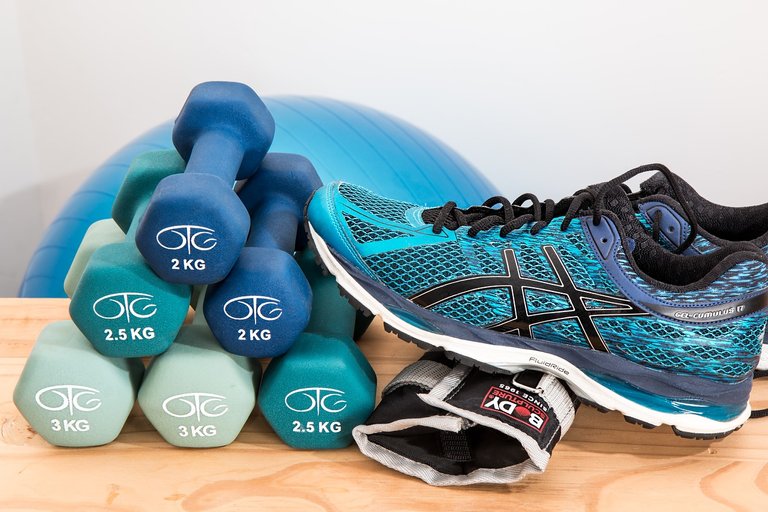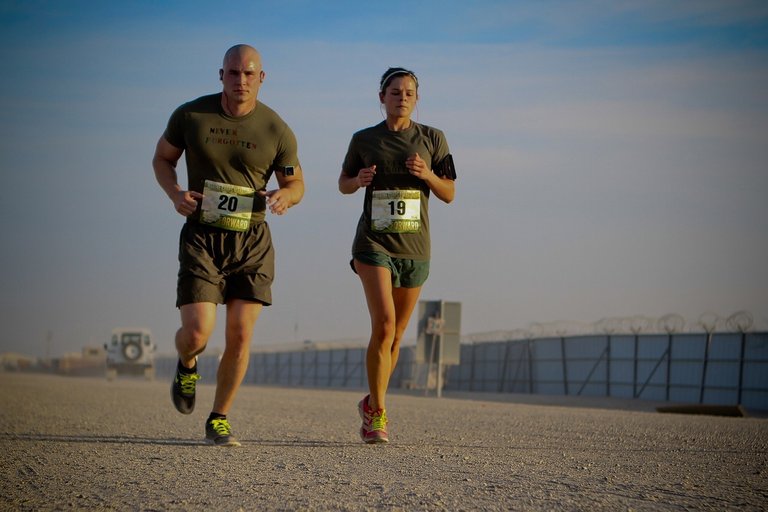In order to achieve your goal, you have to know how you are going to get there.
Develop an exercise program – with the assistance of a fitness professional, establish a workout routine and schedule of when you are going to exercise.
Develop a nutrition program – from appropriate dietary information, establish a diet program consisting of what foods you should eat; a proper balance of protein and unrefined, natural carbohydrates with lots of fiber. Incorporate healthy snacks and eliminate processed foods. A later chapter deals with some nutritional suggestions and fat burning foods that may be included in your nutrition plan.
Track your results – keep a ledger of your exercise activity. Also maintain a log of what you eat. It helps keep you on track and makes you very aware of what you put into your body.
Get a goodly amount of rest – the visualization exercise at bedtime has been shown to assist with a night of restful sleep. If possible, incorporate a brief afternoon nap into your schedule. It will refresh you and make your afternoon more productive.
If weight loss is a primary goal, weigh yourself weekly, not daily. It is too easy to become discouraged if your daily weighing-in does not show much loss, but weight is dropped in increments, not gradually, and a weekly weigh-in will show your true results.
Locate one or more workout partners – It is easier to stay on the right path if you have companionship. Set up group exercise sessions and make a practice of offering vocal encouragement.
Vary your exercise routine and incorporate new exercises as you learn them – your muscles will become conditioned and resistant to any further changes, so your routine should change every three months or even more often. Develop alternate exercise routines with the help of your fitness professional.

The Exercise Program
A good exercise program should be a routine that stimulates every muscle in your body, while allowing the muscles to rest between workouts. This may be accomplished by performing upper body workouts and lower body workouts on alternate days; for example, on Monday, Wednesday and Friday, you perform the upper body routine; on Tuesday Thursday and Saturday, you do the lower body exercises.
Perform some cardio-vascular exercises every workout day. Sunday is a day of rest. In this way your workouts may be shorter, but they will still exercise every body part completely.
Another alternative is to perform complete body workouts three times per week; i.e. Monday, Wednesday and Friday. Rest on Tuesday, Thursday and the weekend. In this manner, each workout will be longer, but there will be sufficient rest between bouts for your body to recover and rebuild the tissue damaged by the strenuous exercise.
NOTE: Work the entire body. Men have a tendency to focus on their upper body, the source of their strength, while short-changing their legs. Women tend towards the reverse of this. A total body routine is important for a balanced physique or figure.
The Exercises
A Basic Program of Weight Training using free-weights or weight loaded machines. Beginners should perform three sets of one exercise per muscle group, while intermediate and advanced exercisers should use two or more. The weights used should be light enough to allow the completion of eight or ten repetitions per exercise, but heavy enough the make the last few reps hard to achieve.
Weights should be progressively increased as the strength and fitness improve. As your fitness increases, the number of sets and/or exercises should be increased accordingly.
Shoulders - Upright press, upright rowing, dumbbell press, frontal raises with dumbbells, lateral raises with dumbbells, barbell shrugs, bent-forward extensions with dumbbells, dumbbell flies.
Chest – Bench press, incline bench press, decline bench press, parallel bar dips, dumbbells flies or pec-deck flies, push-ups, bent-arm pullovers.
Back – Pull-ups (chins) both behind the neck or to the chest, front levers on the chinning bar, lat-machine pull-downs, seated rowing, bent-over rowing with barbell, bent-over rowing with dumbbell.
Biceps – Barbell curls, dumbbell curls, preacher-bench curls, 7 count curls, bent-over curls, concentration curls with dumbbell or pulley machine.
Triceps – French Press, dumbbell extensions, triceps-machine press-downs, push-ups, wall push-ups.
Core – Sit-ups, incline sit-ups, crunches, Swiss Ball crunches, twists, oblique crunches with dumbbells.
Thighs – Squats with barbell, hack squats, leg extensions, hamstring curls, lunges with dumbbells.
Calves – Calf raises with barbell, calf machine raises.

Cardio-Vascular Exercises
- Running or jogging
- Treadmill – sports walking, running or jogging
- Elliptical Machine
- Stair-Climber Machine
- Bicycle
- Stationary Exercise Bicycle
- Aerobics
- Stationary Bicycle “Spinning”
Hi.. Welcome to Steemit
I will follow you and upvote youplease follow me @daverdp..
Thank you